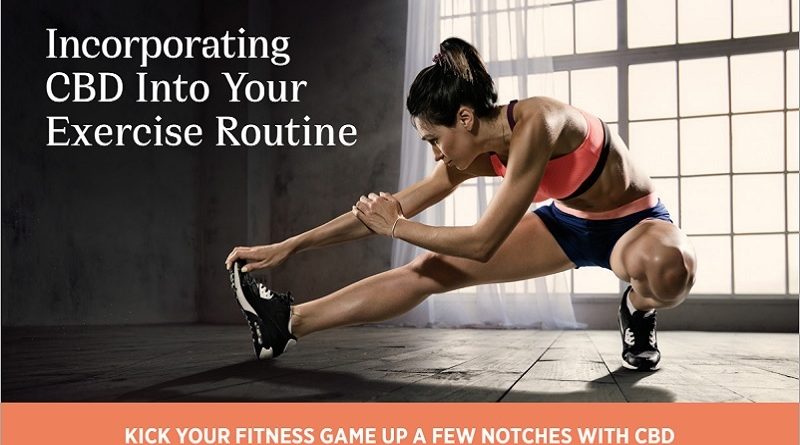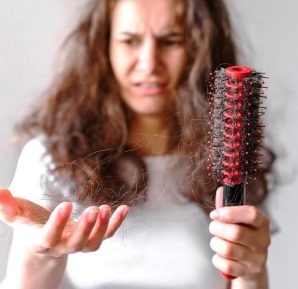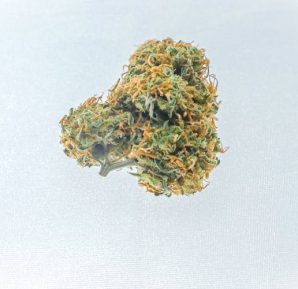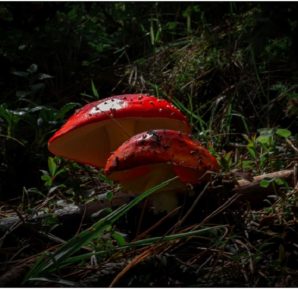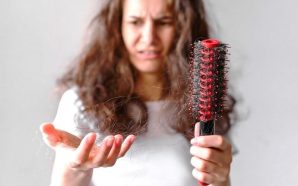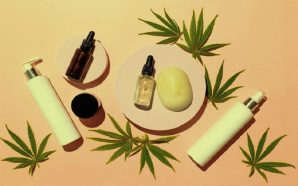Are you interested in how CBD can possibly benefit your health and fitness? You’re not the only one. Every day more health-minded people are intrigued by CBD and its many uses. One use, in particular, is gaining in popularity – CBD in exercise and workout recovery.
As lawmakers continue to legalize marijuana and its products, like hemp, researchers work to discover the biochemical properties behind the compound and its various uses. Here is a brief breakdown of what these professionals are saying about CBD and how it could potentially support your exercise routine.
What Is CBD?
It’s important to note, while related to marijuana, CBD oil is not “pot” nor is it a performance-enhancing drug. One of the multiple compounds found in the cannabis plant, Cannabidiol, commonly known as CBD, is what’s known as a cannabinoid.
Cannabinoids work inside the body’s endocannabinoid system to initiate responses and in turn produce effects on our cognitive and physical systems. Most CBD oils exclude the more well-known cannabinoid Tetrahydrocannabinol (THC)and don’t produce the feeling of getting “high.”
The Many Uses of CBD When It Comes to Exercise and Fitness
CBD’s increase in popularity has brought much to light regarding its various health benefits. It’s becoming common now to use it to boost physical performance, but does it work? Here are some of the possible benefits of CBD:
Supporting a Better Night’s Sleep
Why are more athletes adding CBD into their everyday life? The answer is an easy one: sleep. As one of the most important factors in recovery, restful sleep is a powerful weapon in an athlete’s arsenal. StudiessuggestsCBD may influence sleep quality for the better due to cannabinoids working with related receptors in the brain.
Encouraging a Healthy Inflammatory Response
Discomfortpost-workout is a common experience for many athletes. While CBD cannot cure aches and pains, it might help address them by reducing inflammation post-workout. Studies point to a reduction in inflammation as a factor in lessening aches associated with normal muscle discomfort and CBD can help encourage the body’s natural inflammatory response.
Helping With Muscle Recovery
As part of the capability to support the body’s inflammatory response, CBD can aid when it comes to muscle recovery. As muscles are exercised intensely, they get little tears triggering inflammation. The body responds by fixing the damaged tissue and building it back stronger to get gains. CBD supports this activity by assisting the body to alleviate inflammation and the ensuing discomfort.
How You Can Incorporate CBD Into Your Routine
There are a variety of common forms of CBD and dosage can vary based on an individual’s health. Always consult your doctor or healthcare physician before taking any supplements, including CBD oil and other CBD-related products.
While CBD oil is becoming a common go-to, you can find plenty of products intended for supplementing exercise on the market today. Here are some of the common forms you’ll find and ways to take them.
- Edibles: Ranging from gummies to pre and post-workout protein shakes, there are a lot of choices. Carefully read labels and follow dosage instructions as edibles, like all CBD products, can affect everyone differently.
- CBD oils and tinctures: CBD oils and tinctures can come in many concentrates and may be marketed using different terms. It’s important to do your own research before making your purchase. These oils can be added to foods and drinks, such as smoothies or soothing tea, to be taken before or after exercise.
- Tablets and soft gel: Convenient for taking on the go or along with a morning multivitamin, this form is effortless and can be integrated with other elements. The market is filled withtabletscombiningCBD with probiotics, melatonin, and other supplements aimed to improve overall wellness.
- Lotions and creams: Applying CBD ointments to your muscles after a workout can be beneficial and soothing. Like the capsules mentioned above, there are plenty of products available combining CBD with helpful components such as menthol, lavender, and aloe vera.
What’s Next?
If you’re looking to complement your workouts, talk with your doctor or a health specialist about adding CBD to your wellness journey. For more ways, CBD can potentially help with your muscle growth, please read the accompanying resource.
Nicklas Brandrup is a co-founder at Neurogan. Brandrup is a serial entrepreneur with a proven track record in the health and wellness space. He is passionate about climate, animal sanctuaries, and enjoys supporting his local community of aspiring entrepreneurs. Through educational content and knowledge-sharing, he hopes to teach people about the growing impact of natural remedies.
This infographic was created by Neurogan, a CBD online store




